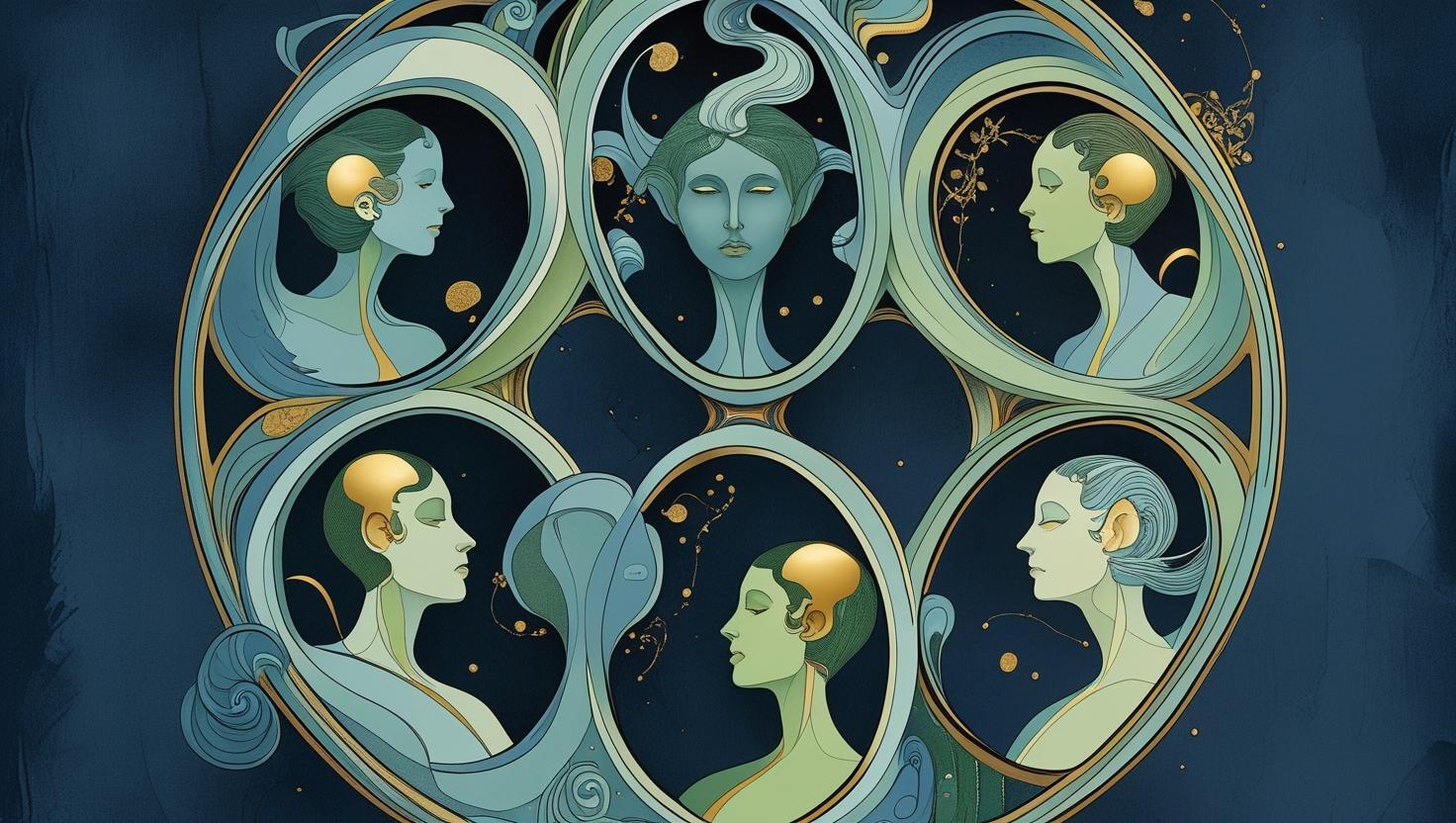The Identity Mindtrap: Why Leaders Struggle to Grow New Skills
Ask any leader today and they will agree: the world is changing rapidly, and leaders must keep learning to stay ahead. Yet, despite this awareness, many experienced leaders find themselves stuck when trying to develop new skills—be it digital fluency, inclusive communication, systems thinking, or strategic agility.
Why is that?
One subtle but powerful reason is a psychological phenomenon known as the identity mindtrap.
What is the Identity Mindtrap?
It is the belief—usually unconscious—that who we are now is more or less who we will continue to be. We may acknowledge our past growth, yet we assume our current identity is relatively settled. As a result, we begin to protect that identity rather than challenge it.
This plays out in subtle ways for leaders. Take Daniel, a capable senior leader who is encouraged to develop storytelling skills to better connect with stakeholders. Though open in principle, he finds himself avoiding practice sessions and criticising the approach as “too soft.” In truth, Daniel’s discomfort stems from a deeper tension—storytelling doesn’t align with the image of the leader he believes himself to be. His identity, not his ability, is getting in the way.
Why Skill Development Feels So Personal
Skill-building is not just about learning new techniques—it often requires us to change how we see ourselves. And that’s where the identity mindtrap tightens its grip.
When we are learning something new, we often feel awkward or exposed. Leaders accustomed to competence may find this deeply uncomfortable. The inner narrative kicks in: “This isn’t me.” Or worse: “What if others see that I’m not good at this?”

Rather than risk embarrassment or vulnerability, we retreat to our comfort zone—where our current identity feels safe.
Four Additional Mindtraps That Reinforce the Challenge
The identity mindtrap doesn’t act alone. It activates other unhelpful thought patterns that reinforce our resistance to growth:
- Simple Stories:
We cling to clear narratives about who we are—"I’m a numbers person," "I’m not creative," "I’m a realist." These stories simplify complexity but also box us in, limiting the skills we believe we can develop. - Certainty of Being Right:
The emotional pull of feeling right makes us less open to feedback or unfamiliar approaches. If a leader believes they already know how to lead effectively, they may reject new ideas before fully exploring them. - Need for Agreement or Fear of Conflict:
Leaders might avoid pushing into new capabilities for fear it will create friction or expose gaps in their competence. They might say, “I’ll stay in my lane,” even when a broader set of skills is what’s needed. - Desire for Control:
Learning something new often means giving up control—admitting “I don’t know,” experimenting, or asking for help. For many leaders, this feels risky. So instead, they double down on what they already do well, even if it’s no longer sufficient.
Overcoming the Trap: A Leadership Imperative
What’s the way forward? Not perfection, but awareness. Leaders can begin to loosen the identity mindtrap by asking themselves:
- Am I avoiding this skill because it doesn’t align with how I currently see myself?
- What stories am I telling myself that may be limiting my growth?
- Am I too focused on protecting my reputation and not focused enough on evolving it?
The Path to Continued Growth
Theories of adult development suggest that leaders don’t just grow by accumulating knowledge. Real transformation occurs when we shift how we make sense of ourselves, others, and the world.
True skill development often demands this inner shift—it’s not just about what we learn, but how we choose to grow. Leaders who embrace that their identity is not fixed, but evolving, are more willing to take risks, experiment with new behaviours, and stay relevant in a changing world.
An Invitation to Grow Who You Are
Skill development is not just a professional obligation—it is a personal invitation to expand who you are. But that journey requires you to challenge your current identity, not protect it.
In the end, the most effective leaders are not those who appear to have it all figured out—but those who are willing to keep learning, even when it gets uncomfortable.
A Final Reflection: Growing Beyond the Self We Know
The real challenge, then, is not whether we can learn something new, but whether we are willing to let go of who we think we are long enough to become who we might yet be.
Leaders who embrace this mindset not only expand their own potential—they create space for others to grow alongside them. And in doing so, they become not just skillful professionals, but transformative leaders.
The question is: Are you ready to grow beyond the self you know?
Written by:
Jessica Choo, Founder & Chief Strategist of ILS
With over 30 years of consulting and operational experience, Jessica is a highly esteemed strategist in performance, talent, and organisational development. Her expertise spans change management and strategic leadership development, where she has successfully guided over 15,000 executives across more than 200 projects in 20 countries. Jessica employs a behavioural science approach to foster culture and people development, achieving remarkable outcomes in organisational performance and culture change initiatives. As a professional coach, she empowers senior leaders to think clearly, lead confidently, and commit to impactful actions. Furthermore, her collaboration with the Growth Mindset Institute in crafting innovative solutions has positioned her as a trailblazer in the field of sustainable organisational change.





